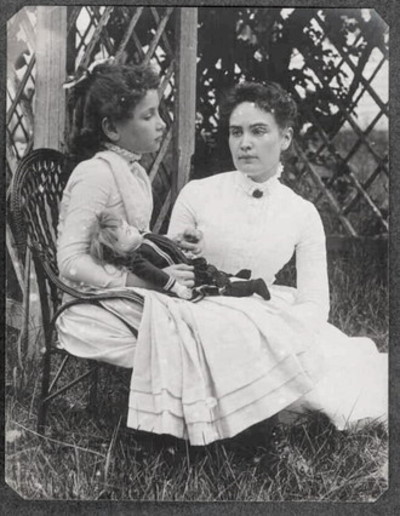I’ve heard of this before, and I think I’ve finally figured it out.
Here, in a nutshell, is what logicians have called The Monty Hall Problem:
Suppose you are a contestant on a "Let’s Make A Deal" game show. The host points to three doors. Behind one door is a brand new car, he tells you. There is a goat behind the other two doors. He instructs you to pick a door. You tell the host that you pick Door #1.
Then the host, who knows what is behind each door, opens one of the doors that you did NOT pick, say, Door #3. Behind it is a goat. He then asks you, "Do you want to switch your choice to Door #2?"
Are you better off switching your choice?
That is the Monty Hall problem, and if you are like most educated people, including collegate math professors, you would answer, "No." You would reason, "The odds that I initially picked the correct door are one in 3. Those odds don’t improve, even after one of the doors has revealed a goat behind it. So I wouldn’t improve my chances by switching."
You would think that, but you would be wrong.
The Monty Hall Problem (also known as the "Monty Hall paradox") suggests that you would actually be better off switching your choice to Door #2.
It seems counterintuitive, but here’s why you are better off switching.
You are quite correct in that the odds of initially picking the correct door is one in three, and opening a losing door does not change those odds. But here’s the thing. Once the third door is revealed to be a goat, the odds of the other door — the one you didn’t pick — jump from 1/3 to 2/3 (because all the probabilities of each door must total one). You are, therefore, better of switching. Here’s how it looks in Venn diagram form:
Door #1 is picked. The odds of it being correct is 1/3. The odds of either Door #2 or Door #3 being correct is, collectively, 2/3:
After Door #3 is revealed as a losing door, the odds of Door #2 being correct is now 2/3 (and the odds of Door #3 being correct is, of course, zero):
Therefore, you would be better off switching.
If that doesn’t help, perhaps this will.
Here’s a graphical representation of all the possible selections and outcomes. You might find this helpful:
Note that Scenario 1, 2, and 3 have an equal chance of happening: one-third. But look closely: If the player chooses to switch, the player wins the car in the last two cases. A player choosing to stay with the initial choice wins in only the first case. Since in two out of three equally likely cases switching wins, the probability of winning by switching is 2/3. In other words, players who switch will win the car on average two times out of three.
Got it?
Now there are a lot of caveats and assumptions to this paradox. One of them is the assumption that Monty Hall knows what is behind each door, and that he will always offer the player to switch doors, regardless of whether the player initially picked a winning door or not. For a more detailed discussion, read here.




















 Chapel Hill police have identified a woman found dead near the University of North Carolina campus Wednesday morning as the university’s student body president.
Chapel Hill police have identified a woman found dead near the University of North Carolina campus Wednesday morning as the university’s student body president.